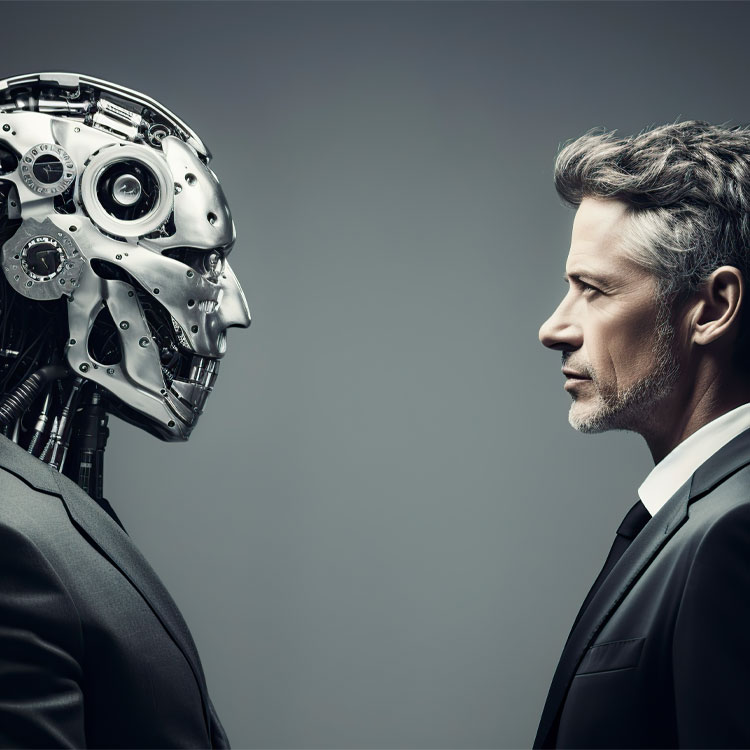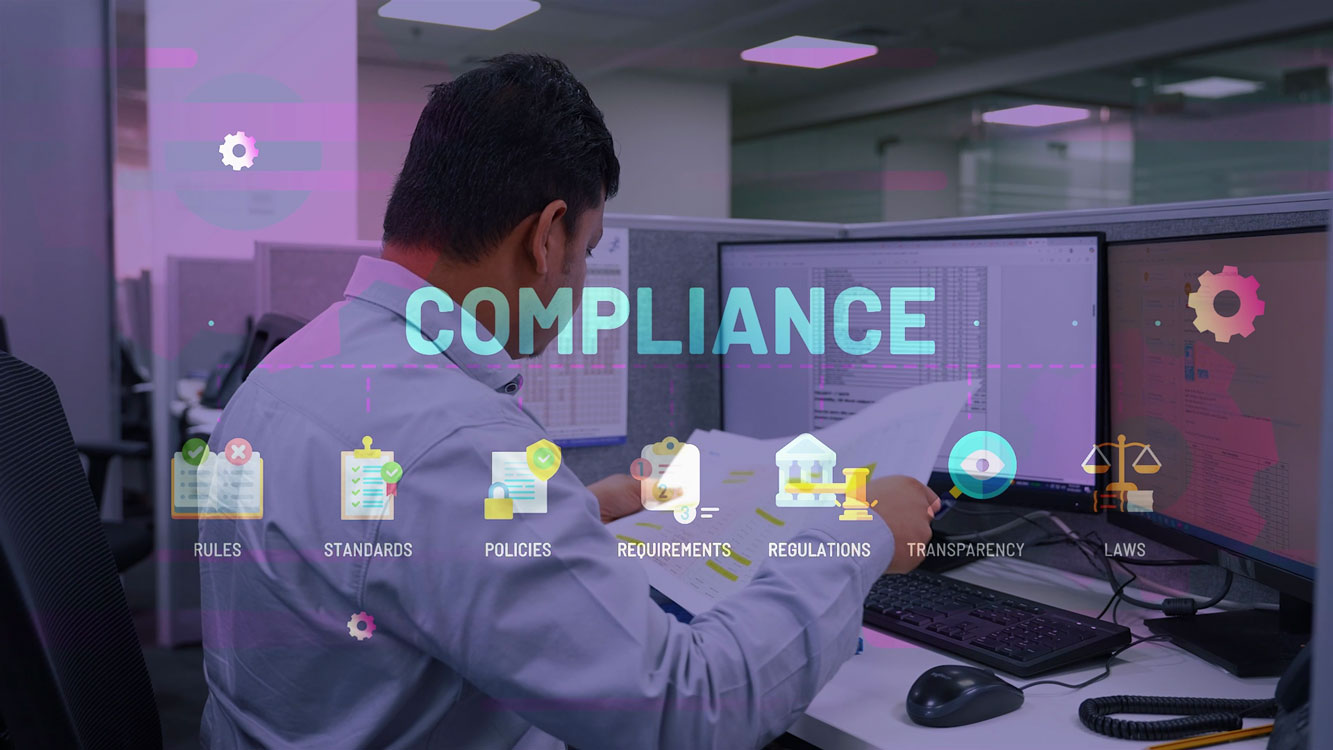The Rise of Artificial Intelligence: Shaping the Future of Work and the Professions at Risk
Artificial intelligence (AI) is no longer a distant concept from science fiction movies, but a rapidly evolving reality that is reshaping industries and professions across the globe. As technology continues to advance at an unprecedented pace, there is a growing concern about the potential impact of AI on the workforce. In this article, we will explore the intriguing question of which professions may be threatened by the development of AI, and how this transformative technology is revolutionizing the way we work.

The Transformative Impact of Artificial Intelligence on the Workforce
Artificial intelligence (AI), once a concept confined to speculative fiction, has emerged as a powerful force reshaping industries and professions in profound ways. As technological advancements surge forward with breathtaking velocity, there is growing discourse about how AI is altering the global workforce. This exploration delves into which professions are most vulnerable to AI's evolution and how it is fundamentally transforming the nature of work.
The Rise of Automation and Routine Task Disruption
Picture a scenario where repetitive tasks, traditionally handled by human labor, are seamlessly managed by sophisticated AI-powered systems. Automation is taking the helm in industries that rely heavily on predictable workflows, causing significant disruption.
- Data Entry Clerks: Transcribing information, once a human-dominated role, is now efficiently managed by AI.
- Call Center Operators: Resolving customer queries has transitioned to AI systems capable of natural language processing and real-time interaction.
- Truck Drivers: AI-driven vehicles navigate roadways with precision, reducing reliance on human drivers.
These roles, once cornerstones of human employment, now face potential obsolescence as AI systems outpace human efficiency and precision.
Complex Professions in the Crosshairs
AI’s transformative reach extends beyond routine tasks into professions requiring complexity, analysis, and expertise:
- Finance: Algorithms adeptly process vast datasets, projecting market trends and guiding investments, impacting financial analysts and portfolio managers.
- Healthcare: AI revolutionizes diagnostics by analyzing intricate medical data, posing challenges to radiologists and pathologists.
These advancements illustrate how AI is not just automating, but fundamentally redefining the roles of professionals in these sectors.
AI’s Influence on Creative Fields
The creative domains, long regarded as bastions of human imagination, are now experiencing AI’s growing presence. Developments in natural language processing and machine learning enable AI to:
- Write compelling articles and scripts.
- Create stunning graphics and visual effects.
- Compose intricate musical scores.
Roles such as writers, graphic designers, musicians, and digital artists find themselves navigating a landscape where AI increasingly participates in tasks once considered uniquely human.
Opportunities Emerging from AI Advancements
While AI disrupts certain roles, it also creates opportunities. There is growing demand for professionals who can:
- Engineer, train, and maintain AI systems.
- Leverage AI to tackle societal challenges and drive innovation.
These roles underscore AI’s potential not just as a disruptor, but as a catalyst for growth and exploration in every sector.
The Resilience of Human-Centric Professions
Professions rooted in empathy, originality, and nuanced decision-making are less susceptible to AI displacement. Fields like healthcare, education, and social services thrive on interpersonal connection, contextual judgment, and emotional intelligence—traits deeply resistant to synthetic replication.
These uniquely human capacities highlight the enduring importance of people in a world increasingly influenced by technology.
Preparing for the Future of Work
Adapting to these monumental shifts requires a proactive approach from individuals, organizations, and policymakers:
- Invest in education and training to prepare workers for AI-driven workplaces.
- Foster a culture of continuous learning and adaptability.
- Embed ethical scrutiny into AI development and usage to mitigate negative impacts.
By addressing these priorities, society can unlock AI's potential while minimizing disruptions.
Conclusion: A Collaborative Future with AI
AI’s rise signifies a broader transformation that touches every domain of work. Whether through routine automation or redefining complex professions, no sector is wholly exempt from its influence. However, with strategic action and a commitment to human ingenuity, we can shape a future characterized by reinvention, growth, and equity.
AI demands not just adjustment but a collective aspiration to harness it as a tool for progress. Are you ready to embrace this transformative journey? Together, we can co-author the next chapter of human achievement, adapting, evolving, and thriving amidst the marvels of AI.
What's Your Reaction?






















